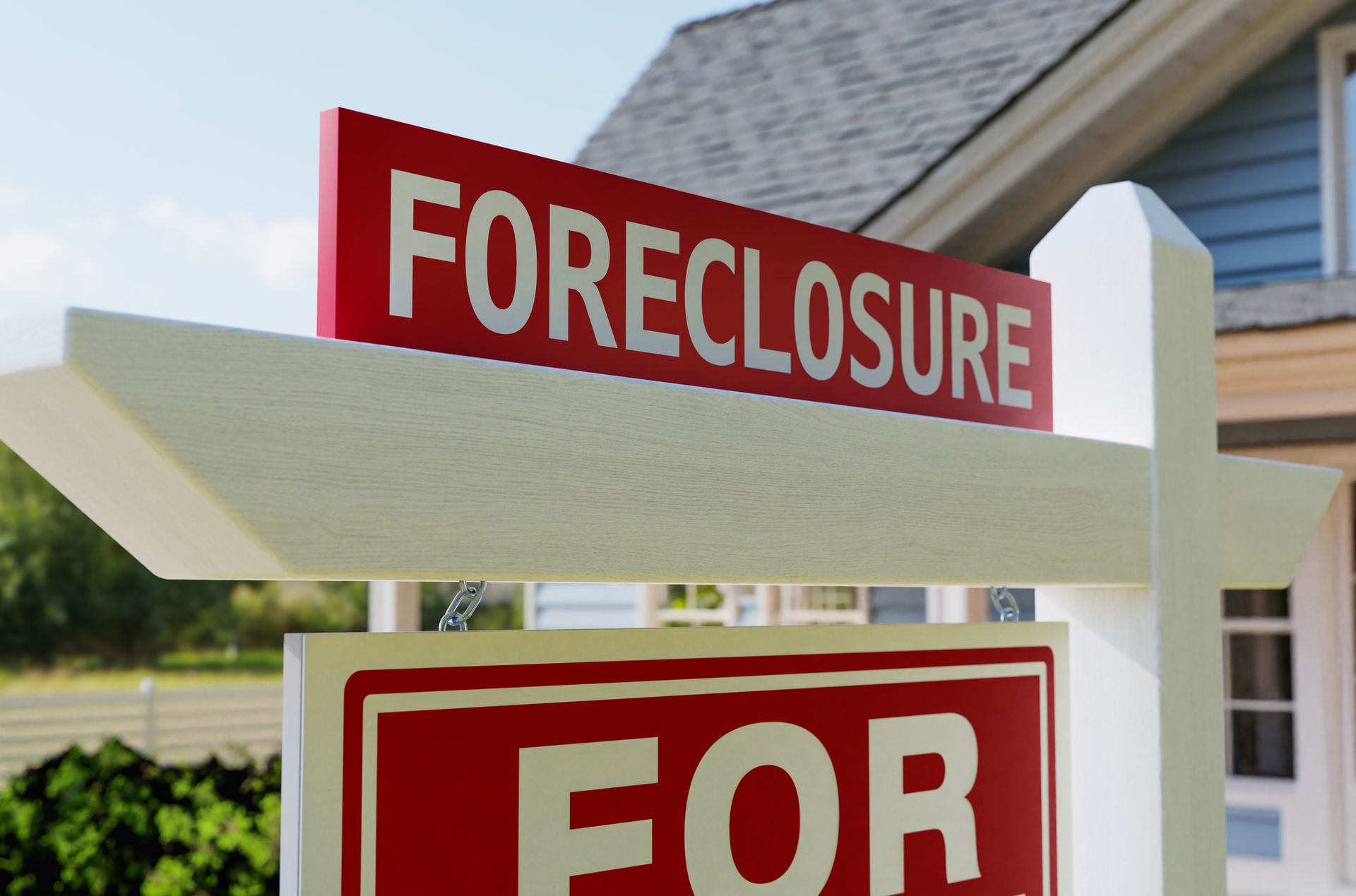July 4, 2025
Selling a home can be a daunting task. Contrary to popular belief, the process of selling a home is more than just sticking a "For Sale" sign in the front yard. Selling a home in Monmouth County presents its own unique set of benefits and challenges. Desirably located on the coast with quick access to major metro areas, Monmouth County is an appealing place to set down roots for a wide variety of buyers. At the same time, the real estate market in Monmouth County is competitive. To sell your house quickly and for the best possible price, sellers need to do some preparatory work. The steps you take to sell your home will depend entirely on your unique goals for the sale. Some homeowners are looking to sell quickly and are willing to make significant concessions or accept a lower sales price to ensure the property does not linger on the market. Some sellers are looking to maximize their profits and spend their selling preparation focused on maximizing value. Regardless of your motivations and goals, most sellers will benefit from these 5 tips for homeowners trying to sell a Monmouth County home in 2025. 1. Work With Real Estate Professionals One of the biggest mistakes we see sellers make is to try to go it alone. Many DIY sellers feel they have already gone through the real estate transaction process and, therefore, understand how to manage the sale alone. However, experts know that "for sale by owner" transactions are, more often than not, a disaster, forcing sellers to expend undue time and money. When you are assembling a real estate team to help you sell your home, you are looking at two leading professionals: real estate agents and real estate attorneys. While neither are required to sell a house in Monmouth County, both offer invaluable benefits to sellers. Experienced real estate professionals provide a deep understanding of the market and skilled negotiation prowess that can save buyers time, effort, and money in the long run. 2. Research Your Local Market Even when working with professionals, it is essential to gain a thorough understanding of the Monmouth County real estate market. Sellers who have a good grasp of the market tend to have more realistic expectations for the sale. They are also able to make informed decisions based on their own desires, goals, and needs. The Monmouth County real estate market is particularly competitive due to the numerous amenities and attractions that Monmouth County offers its residents. With a balanced mix of suburban living and quick access to major metropolitan areas, this is a desirable place to live. Red Bank, Middletown, Colts Neck, and other popular towns offer a charming lifestyle that attracts individuals, couples, and families. This competitive market requires sellers to carefully consider the presentation and pricing of their property to maximize profit. Sale timing is just as important to understand. If you are listing your home in the fall or winter, you may have less competition from other sellers, but you also may experience a lack of buyers in Monmouth County. The real estate professionals you work with can help you determine the best timing and conditions under which you can get the best deal to sell your home. 3. Prepare Your Home for Sale Like it or not, most buyers are judging your home by its appearance. While some buyers are okay with a home that needs a little work or some minor repairs, the vast majority are looking for move-in-ready homes that look appealing. To prepare your home for sale, take the time to make it sale-ready. Some things to consider: Curb Appeal: The outside of your home is the first view a potential buyer sees upon arrival at your property. First impressions are everything in real estate. The outside of your home and surrounding areas can be an invitation to come in or a turnoff, depending on the effort you put into your curb appeal. Some simple fixes, such as weeding, planting colorful flowers, repainting the front door, and cleaning up your outdoor spaces, can go a long way in boosting curb appeal and increasing the chance that buyers will want to take a second look at your home. Declutter: Your home is lived in—that is what makes it a home. However, too much clutter can have the effect of making your space appear smaller. During home tours, buyers will want access to every area of your home to ensure they have a thorough understanding of the property. To showcase your space to its best advantage, start by decluttering your living areas and then tackle closets, drawers, cabinets, and other storage spaces. Depersonalize: Similarly, buyers want to be able to envision themselves living in a home—which can be challenging when the home is cluttered with the seller's personal items, family photos, bold or unique artwork, or untraditional furniture. Make your space as much of a blank slate as possible to encourage buyers to envision themselves living in the house. Repaint: Painting every room in your home may sound daunting, but with the cost of some paint supplies and sweat equity, you could gain thousands after the sale. While you may love your bright accent wall, a buyer might see it as a big eyesore. Choose neutral colors to repaint more vibrant areas of your home. If your home already has a neutral color pallet, ensure the walls still look fresh and touch up if needed. Repair: This is the word sellers dread the most. Every property is bound to have some needed repairs, but who wants to spend the money fixing things in a house you are soon to be leaving? However, you don't need to spend thousands on repairs to make your home appealing. Focus on things buyers are sure to notice during a walkthrough: tighten loose handles, replace burnt-out light bulbs, repair broken hardware, etc. Keep It Clean: Whether you're still living in your home or not, you need to keep your home clean and ready for spur-of-the-moment viewings. Pre-Sale Inspection: A pre-sale inspection can help you identify problem areas that could delay or prevent the closing or result in a sale falling through completely. 4. Market Your Home In such a highly competitive market, Monmouth County sellers must execute a comprehensive marketing plan. Working with your experienced real estate team, you can develop a marketing plan that showcases the property's highlights, making it stand out in listings. Highlight all the features that make your home uniquely attractive, such as extra storage space, ample outdoor areas, or proximity to local attractions. Open houses and private viewings can also help boost your marketing reach. The more people who see your home, the more likely you are to have a buyer. 5. Prepare to Navigate Legal Details NJ real estate law is complex. Even the most straightforward real estate transactions involve significant legal and financial considerations. By partnering with a skilled Monmouth County real estate attorney like Veitengruber Law, you can ensure that you are meeting all of your legal responsibilities as a seller and protect yourself from legal consequences. A real estate attorney can advise on local, state, and federal regulations that can impact your sale. Real estate attorneys can ensure that all your documentation is in order and that any legal issues that may arise are resolved promptly, allowing your sale to proceed as planned. Selling your Monmouth County home is a huge undertaking. Having the right experts working with you can make all the difference. Veitengruber Law is an experienced real estate law firm in Monmouth County, NJ. Our deep knowledge of the Monmouth County real estate market can ensure you achieve your real estate goals.











